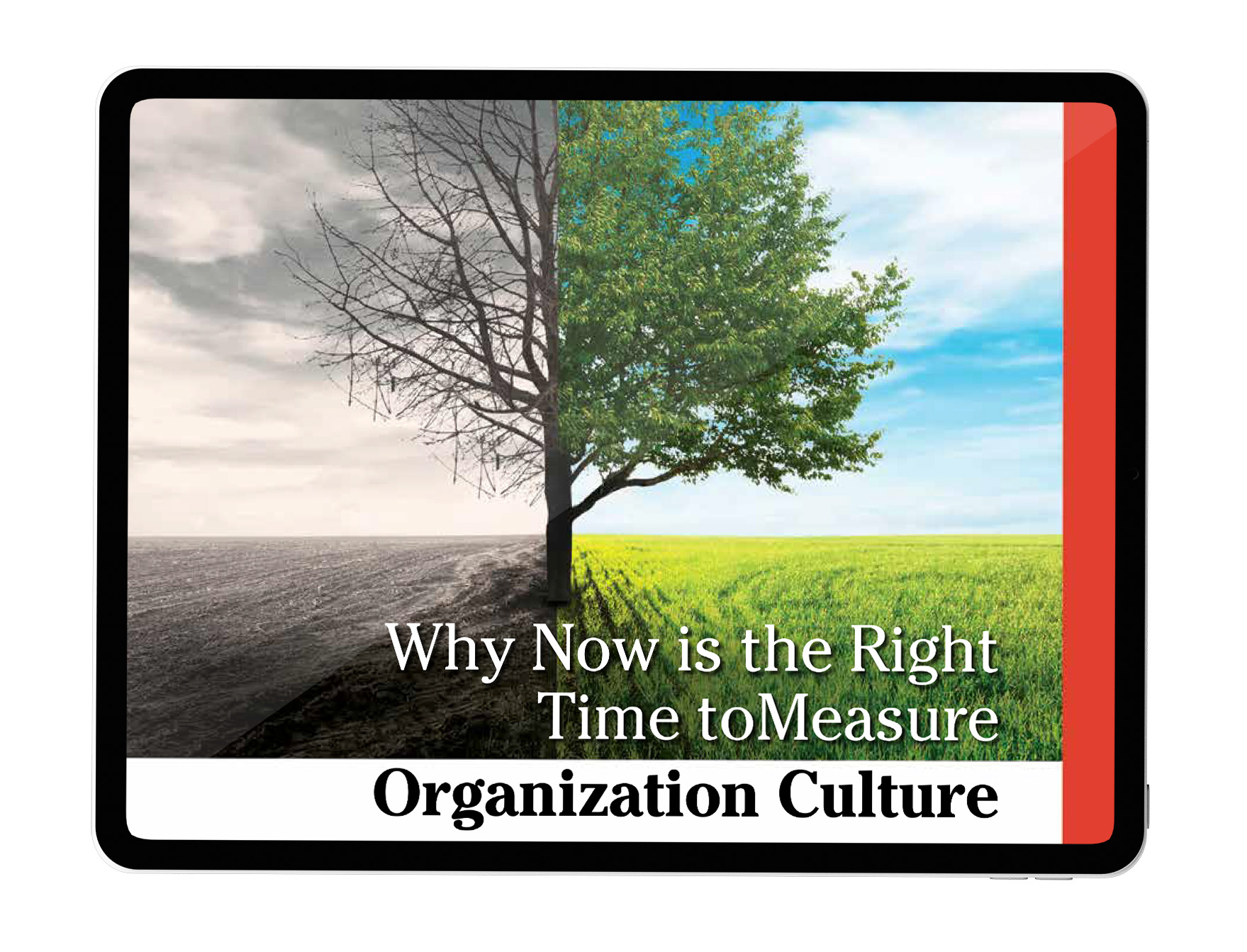Effective leadership requires more than just a thorough understanding of industry trends and best practices. Creating an environment where team members feel engaged and empowered is critical. This way, they will work with enthusiasm and focus on the tasks at hand without feeling stressed or discouraged by adapting to new leadership or working methods.
But how do you go about doing this? What strategies can you use as a business leader to ensure your teams can take the initiative and drive projects forward despite any changes following a leadership transition?
Let’s explore how you can create an environment where team members feel engaged and empowered to drive projects forward under new leadership!
1. Set Clear Expectations and Goals
To empower your team members, it is essential to provide clear expectations and goals. This includes defining project timelines, outlining how success will be measured, and taking time to understand the strengths and skills of your team members.
By doing so, your team members will know what is expected of them, what success looks like, and how their contributions can help achieve project goals.
2. Encourage Collaboration
Collaboration is essential to any successful team project. Encourage your team members to work together, share ideas, and provide feedback to one another.
This will not only foster a culture of empowerment but will also help to develop communication and problem-solving skills within your team.
3. Provide Ongoing Feedback
Feedback is essential to personal and professional growth. As a leader, you are responsible for providing ongoing feedback to your team members. This includes positive feedback to recognize outstanding performance and constructive feedback to help team members identify areas for improvement.
By doing so, your team members will feel supported, valued, and motivated to continue driving projects forward.
4. Delegate Responsibility
Delegating responsibility is an essential component of empowering your team members. It enables them to own their work, build confidence, and develop new skills.
When delegating tasks, be clear about what needs to be accomplished, provide guidance and support as needed, and trust your team members to get the job done.
5. Celebrate Successes
Celebrating successes is vital to fostering a culture of empowerment. Take the time to acknowledge and celebrate important milestones, project successes, and outstanding performances.
This helps to build team morale, encourages continued progress, and demonstrates your commitment to recognizing your team members’ hard work and contributions.
A Culture that Works as a Catalyst for Empowerment
Creating an environment where team members are engaged requires more effort than hiring competent staff or setting business targets. As a leader, you are responsible for creating a thriving work environment where employees develop a sense of ownership while contributing to the overall organizational goals.
By setting clear project expectations and goals, encouraging collaboration among team members, providing ongoing feedback throughout the process, delegating responsibility appropriately, and celebrating successes along the way, you can create an empowering and engaging work environment where your team members feel valued and motivated.
When done effectively, you will establish trust within the workplace and positively impact employee morale, which will help boost productivity in future initiatives.





































































